About the rabbi Learn more about About the rabbi
-
Kenya Coffee Estate Arabica Coffee Estate Introduction Boutique coffee beans
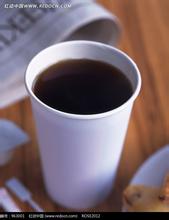
Arabica and Rochester: Arabica: 60% of global production, best grown at high altitudes, lower temperatures and lower yields. It has a stronger flavor, more body and acidity (please email me if you want to know more about coffee tasting definitions of body and acidity); about 1% caffeine (by weight); high price: robert accounts for 40% of global production,
2016-07-05 kenya coffee estate rabbi presentation boutique coffee bean robert -
The characteristics of Arabica beans eat expired Arabica coffee beans, okay?
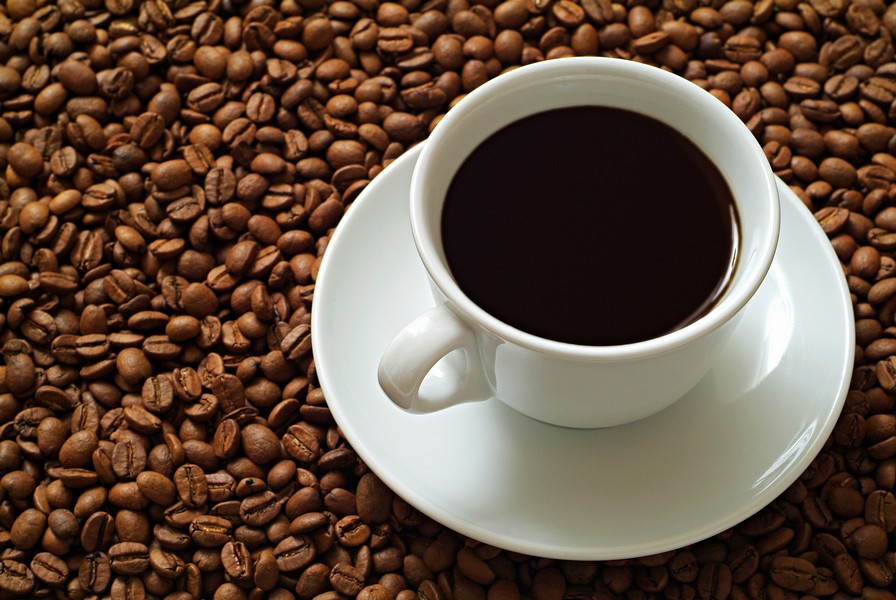
Is it good to eat expired Arabica coffee beans? It's hard to say. It depends on the situation. 1. Moldy Arabica coffee beans it doesn't matter if you eat moldy Arabica coffee beans. You just have to stay in the hospital for ten or eight days. 2. the shell of Arabica coffee beans is white if the shell is white.
2016-03-22 Rabbi kadou specialty edible expired coffee beans okay rabbi -
Arabica coffee beans
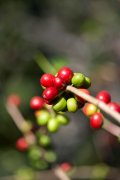
Arabica beans, beans account for 70% of the world's production, world-famous blue mountain coffee, mocha coffee, etc., almost all Arabica species. The other is the Robasta species, which is native to Congo in Africa and accounts for about 20% to 30% of the world's production. Different varieties of coffee beans have different tastes, but even the same variety of coffee trees, due to different
2016-05-16 coffee beans varieties rabbi kadou yield world 70% -
Do you know anything about Arabica's fine beans?
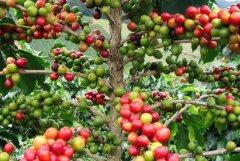
Arabica beans account for 70% of the world's output. The world-famous Blue Mountain Coffee and Mocha Coffee are almost all Arabica species. The other is the Robasta species, which is native to the Congo in Africa and accounts for about 20% to 30% of the world's output. Different varieties of coffee beans have different tastes, but even the same variety of coffee trees, due to different
2016-05-27 Understand rabbi boutique beans Kadou output world 70% -
Fine coffee Arabica grows coffee beans
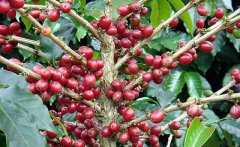
Arabica beans account for 70% of the world's output. The world-famous Blue Mountain Coffee and Mocha Coffee are almost all Arabica species. The other is the Robasta species, which is native to the Congo in Africa and accounts for about 20% to 30% of the world's output. Different varieties of coffee beans have different tastes, but even the same variety of coffee trees, due to different
2016-05-19 Boutique coffee rabbi card seed coffee bean card bean output world 7 -
Basic knowledge of boutique coffee beans Arabica coffee
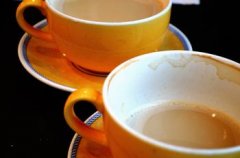
Arabica coffee (Coffee.Arabica): also known as Arabica coffee, its taxonomic position was determined by Linnaeus in 1753. It can produce Arabica coffee (C.Arabica) beans, which can be called high-quality coffee beans in the world and the only coffee that can be drunk without any ingredients. It accounts for about 70% of the world's total coffee production. Arabica coffee (C
2015-01-04 Boutique coffee beans basics common sense rabbi coffee Coffe -
Main species of coffee trees: Arabica species
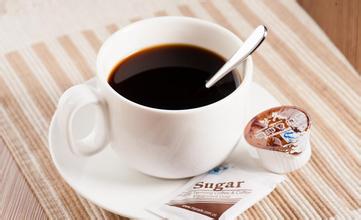
The first is Arabica beans, which account for 70% of the world's output. The world-famous Blue Mountain Coffee and Mocha Coffee are almost all Arabica. The other is the Robasta species, which is native to the Congo in Africa and accounts for about 20% to 30% of the world's output. Different varieties of coffee beans have different tastes, but even the same varieties of coffee trees
2016-06-07 Coffee main type rabbi card seed one kind kadou yield world -
Main species of coffee trees: Arabica species
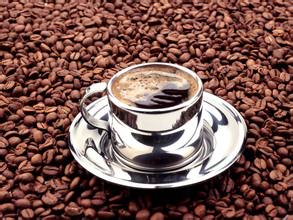
The main types of coffee trees: the first species of Arabica is Arabica beans, which account for 70% of the world's output. The world-famous Blue Mountain Coffee and Mocha Coffee are almost all Arabica species. The other is the Robasta species, which is native to the Congo in Africa and accounts for about 20% to 30% of the world's output. Different varieties of coffee beans have different flavors.
2016-06-12 Coffee main type rabbi card coffee -
The relationship between Kenyan coffee and Arabica coffee beans
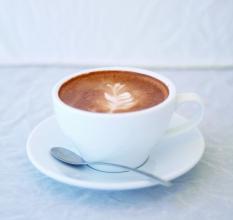
Arabica coffee accounts for about 65% and 80% of the world's coffee beans, and its excellent flavor and aroma make it the only coffee among these native species that can be drunk directly and alone. However, its resistance to drying, frost, diseases and insect pests is low, especially to the biggest natural enemy of coffee, leaf rust, so all producing countries are committed to improving varieties. For example, the well-known Sri
2016-06-05 Kenya coffee rabbi coffee beans relationships the world grow -
Classification of coffee varieties Arabica bean and Robusta species
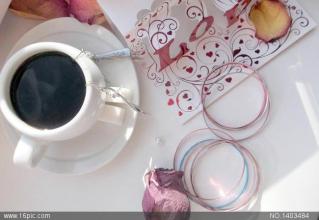
Arabica bean coffee trees can be divided into two main varieties: Arabica (Coffea Arabica) and Robusta (Coffea Robusta/Coffea Canephora). There are also some minor species, such as the Liberian species (Coffea Liberica) and the Alabasta species (Coffea Arabusta), but they are rare on the market. Robustadou
2016-06-18 Coffee variety classification rabbi kadou robes booth coffee -
Is it okay to eat expired Arabica coffee beans?
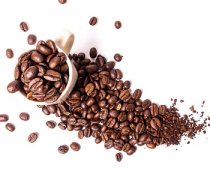
Is it okay to eat expired Arabica coffee beans? It's hard to say. It depends on the situation. 1. Moldy Arabica coffee beans it doesn't matter if you eat moldy Arabica coffee beans. You just have to stay in the hospital for ten or eight days. 2. Arabica coffee beans with a white shell. If you eat coffee beans with a white shell, it is serious. Because of this kind of coffee
2015-11-02 Edible expired rabbi coffee beans okay edible good -
Arabica acidity is higher than Robusta acidity.
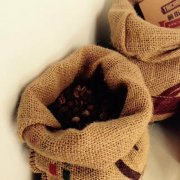
1. Arabica acidity is high, Robusta acidity is low; 2. Wash beans acidity is high and sun beans acidity is low; 3. Light baking acidity is high and deep baking acidity is low; 4. High acidity does not mean bright and low acidity does not mean dull; 5. Fast baking acidity is relatively bright, but improper control will cause sharp acid; Slow baking acidity is relatively soft, but improper control will cause dull; 6. High water temperature production, acidity is relatively bright,
2015-10-27 about coffee sourness rabbi acidity biro busta rob -
Introduction to Arabica species, the main species of coffee trees
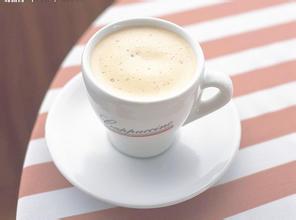
The first is Arabica beans, which account for 70% of the world's output. The world-famous Blue Mountain Coffee and Mocha Coffee are almost all Arabica. The other is the Robasta species, which is native to the Congo in Africa and accounts for about 20% to 30% of the world's output. Different varieties of coffee beans have different tastes, but even the same varieties of coffee trees
2016-06-06 Coffee main type rabbi card introduction one kadou output -
Description of planting area and Flavor of Arabica Coffee beans in Sumatra
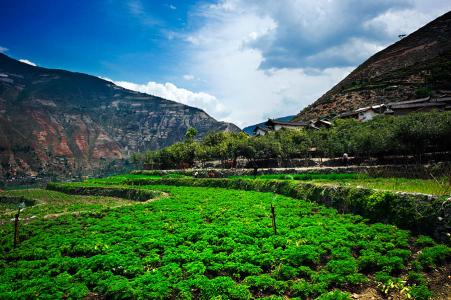
The planting area and flavor of Arabica coffee beans in Sumatra describes that Arabica coffee is difficult to grow. They like mild days and colder nights, and a climate that is too cold, too hot, and too humid can be fatal. Coffee trees in Arabica need to be planted on sloping slopes at high altitude. they grow luxuriantly in the highlands (600-1800 meters).
2017-01-15 Rabbi coffee beans Sumatra producing area planting area flavor description rabbi -
The function of the price characteristics of Arabica coffee beans
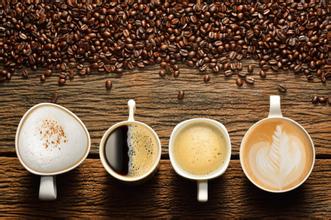
The price characteristics of Arabica coffee beans small-grain coffee is still the most important coffee variety, accounting for about 3% of the world's total coffee output. It is mainly grown in Latin American countries, but also partly in Indonesia and the Pacific islands. The geographical and climatic conditions of Brazil, the world's largest coffee producer, are very suitable for the growth of small-grain coffee, and the main varieties of coffee grown are also small.
2016-12-23 Rabbi coffee beans price characteristics less money function rabbi special -
Comparison of Arabica beans and Robusta beans comparison of coffee beans

It is not difficult to distinguish between Arabica beans and Robota beans. You can easily tell the difference between Arabica beans and Robota beans by their appearance. The former is slightly oval and slender, and the central line (Center Cut) is S-shaped, while the latter is round and fat, and the central line is almost straight. For a detailed comparison, please refer to the table below, where Robusta contains almost twice as much caffeine as Arabica.
2015-10-06 Rabbi Kadou Robbs Booth comparison Coffee beans Identification Luo -
How about the price characteristics of Arabica coffee? flavor description taste treatment method
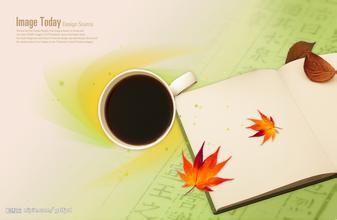
Arabica coffee price characteristics how flavor description taste treatment Farobasta coffee tree originated in Africa in the Congo, its output accounts for about 20% to 30% of the world's output. Luoba Jinta coffee tree is suitable for planting in the lowlands below 500 meters above sea level, has strong adaptability to the outside world, has strong resistance to disease, and has high yield, even during soil preparation, weeding and pruning.
2017-01-10 Rabbi coffee price characteristics how flavor description taste processing rabbi -
About Arabica species

If Arabica coffee beans are favored by God, Robusta is the devil's booger, because of the market's love of Arabica coffee. Arabica can become the aristocrat of coffee beans and enjoy the highest honor as the most precious variety, depending on the high standards of its plant's growing environment. Allah
2014-08-13 About the rabbi the card if the rabbi planted the coffee beans it was very popular. -
Indonesian Coffee Arabica Coffee Flavor introduces the characteristics of Indonesian Coffee
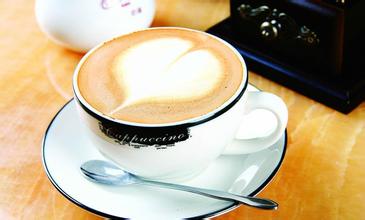
Arabica coffee trees grow between 900m and 2000 m above sea level; they are hardy, and the suitable growth temperature is 1524 ℃; they need more humidity, and the annual rainfall is not less than 1500 ml. At the same time, they also require higher cultivation techniques and conditions. Arabica coffee beans are mainly grown in South America (except Argentina and parts of Brazil), Central American countries and Africa.
2016-08-03 Indonesia coffee rabbi manor producing area flavor taste introduction characteristics -
How about Arabica coffee? it's a variety of varieties full of personality.
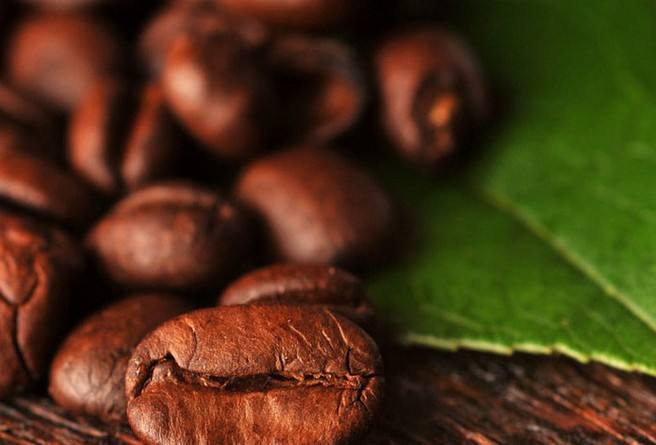
Arabica species are a variety of varieties full of personality. This kind of coffee accounts for 65% of the world's total coffee production, and most of the coffee beans we buy are Arabica. The Arabica species, which originated in Ethiopia, was divided into Tibika subspecies and Bobang subspecies on the way through the Arabian Peninsula, and later divided into different subspecies through natural variation and different mating methods.
2017-07-20 Rabbi coffee how about full sexual variety rabbi card species
